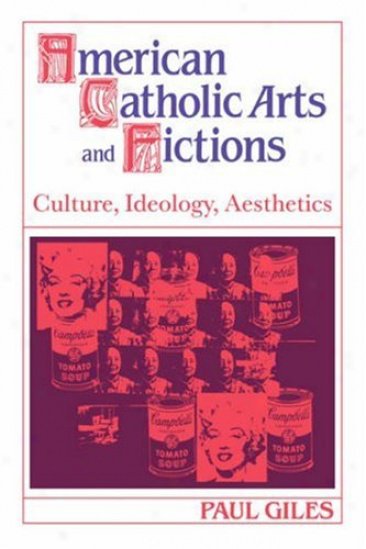In his essay “Religion and Literature” T.S. Eliot makes a most reasonable critical observation, especially given the longstanding close tie between literature and theology (“religion” is a problematic concept as I’ve noted here):
“Literary criticism should be completed by criticism from a definite ethical and theological standpoint.”
Paul Giles takes up this mantle, when it comes to American Catholicism, in his path-breaking study American Catholic Arts and Fictions: Culture, Ideology, Aesthetics. There isn’t enough time to go into the details of how he understands the Catholic imagination versus the Protestant imagination. We’ll leave that discussion for later along with mentions of David Tracy and Andrew Greeley.
For now: wouldn’t this make for one hell of a slugfest (put away the salt Seattle residents)?
“It would seem reasonable to suggest that certain excellent writers have been undervalued because the (explicit or implicit) ideologies of their texts do not accord with what are conceived, often unconsciously, to be American literary values . . . It is this assumption also that may have contributed to the continued underestimation of Dreiser, Kerouac, Mary McCarthy, John O’Hara, J. F. Powers, Edwin O’Connor. The Emerson-Frost-Stevens triad is a familiar combination in American literary history; Santayana-Tate-Frank O’Hara less so.”
http://www.youtube.com/watch?v=RWlE1V_lnAQ











